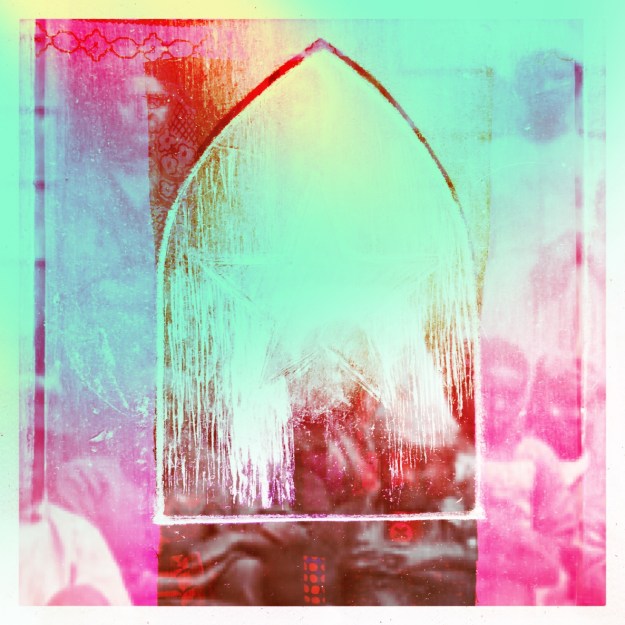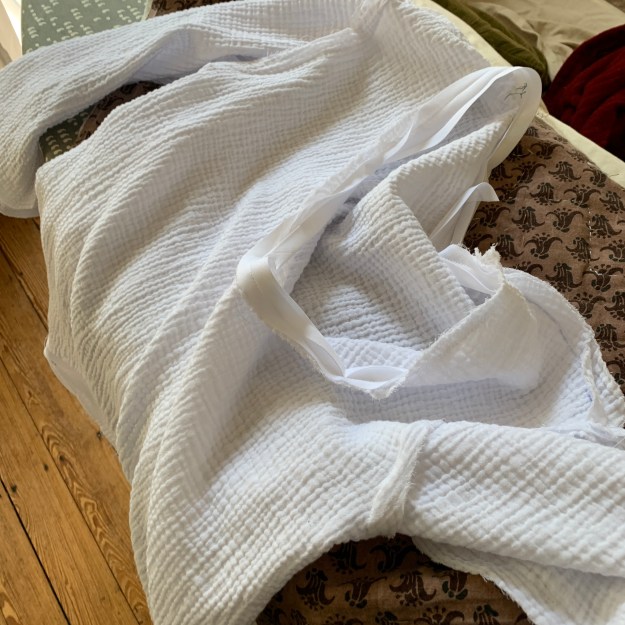
You may recall that my manuscript consultant suggested an epilogue. How about 1758? That’s the year Eliza and her husband, Charles Pinckney, return to South Carolina after a lengthy stay in England. Charles dies in July. Malaria claimed a lot of lives in colonial America.
Prior research had been pretty laser-focused on the years 1738 to 1744. With many historic tomes, in fact, I just stopped reading at 1745. I barely read Eliza’s letters after her marriage in ’44.
Well that’s not entirely true. I read them two or three times, but I didn’t MINE them and their footnotes for personal events and tone and history.
So I had to ask: what was Charles Town like fourteen years after my original narrative ended? Also, because one character flees to Philly, what was the City of Brotherly Love like in 1758?
Imagine my glee — yes glee! — to learn about an early abolitionist who published the very first unequivocal position against slavery in the western world! His name was Anthony Benezet and he was a Huguenot-turned Quaker. The Quakers adopted the proclamation in Philadelphia in 1758. *

I found a Library of Congress lecture by one of Benezet’s biographers, Maurice Jackson, and listened to it in its entirety (those of you who know me understand how rare that is).

Why isn’t he better known?
 His pamphlet or Slave Almanac was later copied in large measure by better known abolitionist John Wesley and relied upon by the likes of Granville Sharp.
His pamphlet or Slave Almanac was later copied in large measure by better known abolitionist John Wesley and relied upon by the likes of Granville Sharp.

I noodled around Ben Franklin’s early career as a printer (he was out of the business by 1758) and his then equivocal stance on slavery — or at least his unwillingness to attach his name to those early anti-slavery pamphlets.




The other thing to know generally was that the French and Indian war was going on. It was the reason why Charles and Eliza Pinckney had returned to South Carolina. They wanted to secure or sell their properties.
Fun fact: the Join or Die flag originally referred to the necessity to cooperate in the fight against France and only later was coopted by the Revolutionaries battling Britain.

* The proclamation was approved at a Quaker Yearly meeting in 1758 but not printed until 1759.

In other news, the wisteria is blooming and I got my hair cut. New glasses ordered. All systems go!


And I’m making a tunic. Ha! I’ll let you know how it goes.

Rabbit hole? Sounds more like a portal to a sequel or a spin-off. What a great cut and that Color! Sterling.
It was like a portal, kinda. Got a good chapter out of it.
Yes, why so unknown?! Your haircut is gorgeous!
Thank you, Nancy!
Yay for diving into the rabbit hole to find gold for the epilogue and what a good hair cut!
Gold, indeed!
” … an avid opponent of slavery. He felt it contradicted Christianity and lessened a person’s humanity …”
For the life of me, I don’t understand how purported “Christians” can cherry pick who and what they do or do not “care for” … and I am horrified at the cumulative damage being done to our collective psyche by the near daily screenings of murders in the news, repeated over and over and over (I refuse to watch, even as I realize how critical it is for people to realize the truth of the brutality in modern policing) …
I remember the first time I read that an abolitionist opposed slavery because it was inconsistent with their Christian beliefs. It made me flinch a little. I mean, I get it. But how about opposing slavery for the sake of the humanity of the enslaved?
These days the cherry picking by Christians is mind bending.
Well…that’s a whole lot to consider. 🙂 Glasses scheduled for this week and hair cut the following. Life goes on, messy and complicated, but on it goes…
You are on about the same schedule as I am!
think your hair looks dynamite. That first image, with your writing in red, gave me a kind of unbidden anxiety attack. it’s a terrible thing when we personalize what we see – especially as writers …
Just came across a reference to your writing in my photos (re: access). I hope to read some more this week. Looking forward to it. Your characters!!!
I truly enjoy the deep dive background reading you present to your blog readers. As a Quaker, I was and have been interested in how the early Quakers are manifest in the story of slavery and abolition. Always, so much fertile reading and exploring. Oh how I long to read your book! One day I will be gifted the opportunity to hold it, read it and do nothing else…a perfect piece of life for me.